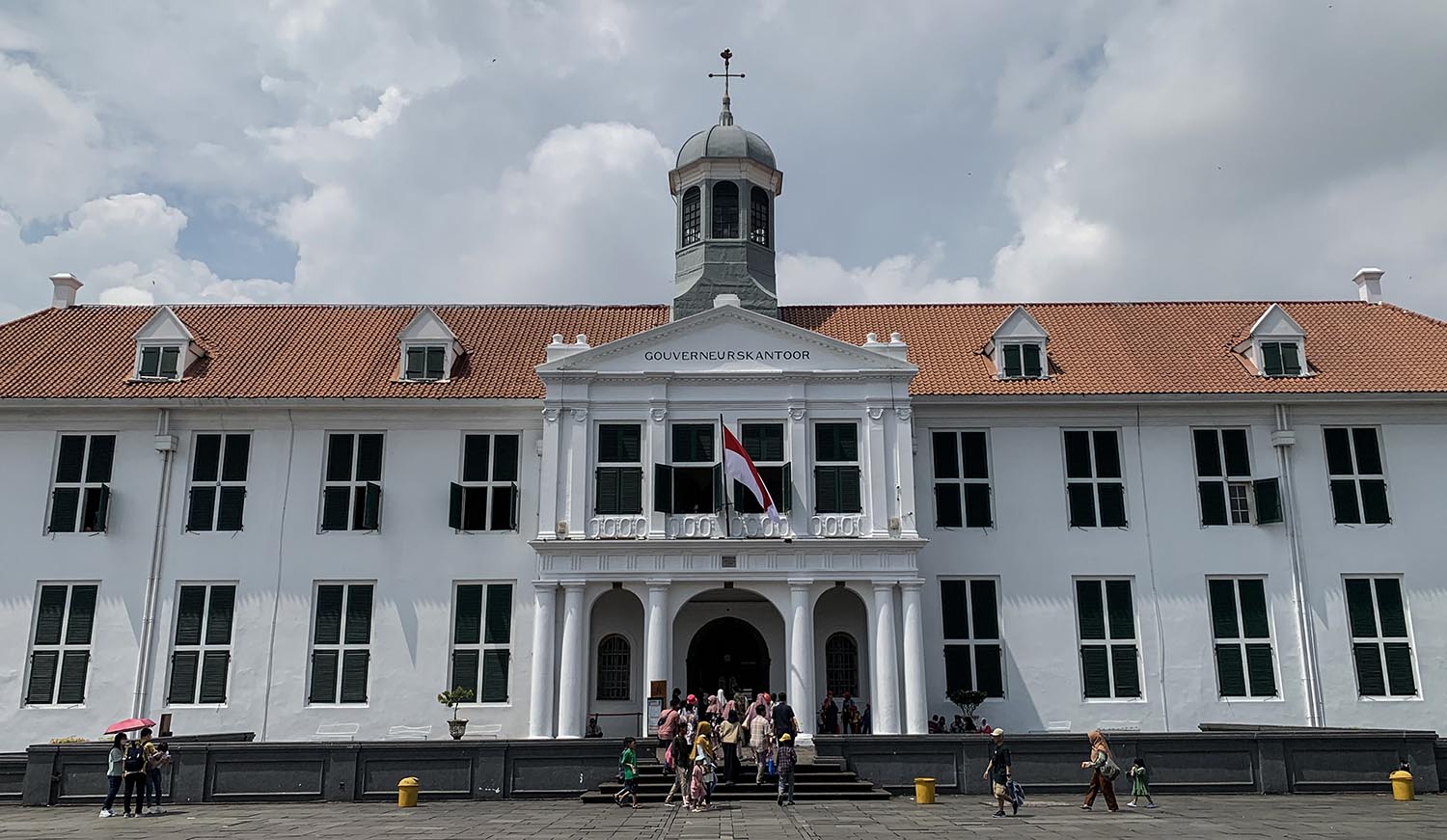
Explore Indonesia's Colonial History Through Its Landmarks
Indonesia's rich and diverse history is deeply intertwined with its colonial past. From the early arrival of European traders to the establishment of colonial empires, Indonesia's historical landmarks offer a glimpse into a time when foreign powers vied for control over its valuable resources. Exploring these sites reveals the layers of Indonesia's past and provides insight into how colonialism has shaped the nation's present. Here are some of the most significant historical landmarks tracing Indonesia's colonial history.
1. Kota Tua, Jakarta
Jakarta's Old Town, known as Kota Tua, is a testament to the city's colonial heritage. Once the center of the Dutch East India Company's trading empire, Kota Tua is home to several well-preserved buildings from the 17th and 18th centuries. The Jakarta History Museum, housed in the former city hall, offers a comprehensive look at the city's colonial era. Strolling through the cobblestone streets and visiting landmarks like Fatahillah Square and the Wayang Museum provides a vivid sense of Jakarta's past.
2. Fort Rotterdam, Makassar
Fort Rotterdam in Makassar, South Sulawesi, is one of the best-preserved examples of Dutch colonial architecture in Indonesia. Built in the 17th century on the ruins of a Gowa Kingdom fort, Fort Rotterdam served as a center of Dutch administration and military operations in the region. Today, the fort houses a museum that showcases the history of South Sulawesi and the fort itself. The blend of European and local architectural styles makes Fort Rotterdam a fascinating site for history enthusiasts.
3. Lawang Sewu, Semarang
Lawang Sewu, meaning "Thousand Doors," is a historic building in Semarang, Central Java, known for its architectural grandeur and eerie reputation. Constructed in the early 20th century as the headquarters of the Dutch East Indies Railway Company, Lawang Sewu features a mix of Dutch colonial and Javanese architectural elements. The building's many doors and windows create a labyrinthine effect, adding to its mystique. Today, Lawang Sewu serves as a museum, offering visitors a glimpse into the colonial era and the history of rail transport in Indonesia.
4. Malang's Colonial Buildings
The city of Malang in East Java is renowned for its well-preserved colonial buildings, which reflect its past as a Dutch hill station. The city's wide boulevards, leafy parks, and elegant villas evoke a bygone era of colonial opulence. Key landmarks include the Tugu Monument, the Malang City Hall, and the Ijen Boulevard, all showcasing the architectural legacy of the Dutch colonial period. A walking tour of Malang's historic district reveals the city's rich cultural heritage and its transformation over the centuries.
5. Fort Vredeburg, Yogyakarta
Fort Vredeburg in Yogyakarta was built by the Dutch in the 18th century to control the sultanate and monitor local resistance. The fort's strategic location and imposing structure made it a key military site during the colonial period. Today, Fort Vredeburg is a museum that chronicles Indonesia's struggle for independence, with exhibits highlighting the nation's resistance to colonial rule and the pivotal events leading up to independence. The fort's well-preserved ramparts and buildings offer a tangible connection to Yogyakarta's colonial past.
6. Banda Islands
The Banda Islands, located in the Maluku archipelago, were once the epicenter of the global spice trade. The Dutch, English, and Portuguese all vied for control of these islands due to their valuable nutmeg and mace production. The remnants of this colonial struggle can be seen in the forts and plantations that dot the islands. Fort Belgica, a well-preserved Dutch fort, provides panoramic views of the islands and a glimpse into the colonial power struggles that shaped the region.
Indonesia's colonial landmarks offer a compelling journey through the nation's complex history. Visiting these sites provides a deeper understanding of the colonial era and an appreciation for Indonesia's resilience and cultural diversity. By exploring these historical landmarks, we can trace the influences that have shaped modern Indonesia and honor the legacy of those who lived through its colonial past.
Embark on your historical adventure today! Discover Indonesia's rich colonial history and experience the stories behind its iconic landmarks. Contact us to plan your historical tour of Indonesia and uncover the past like never before.
